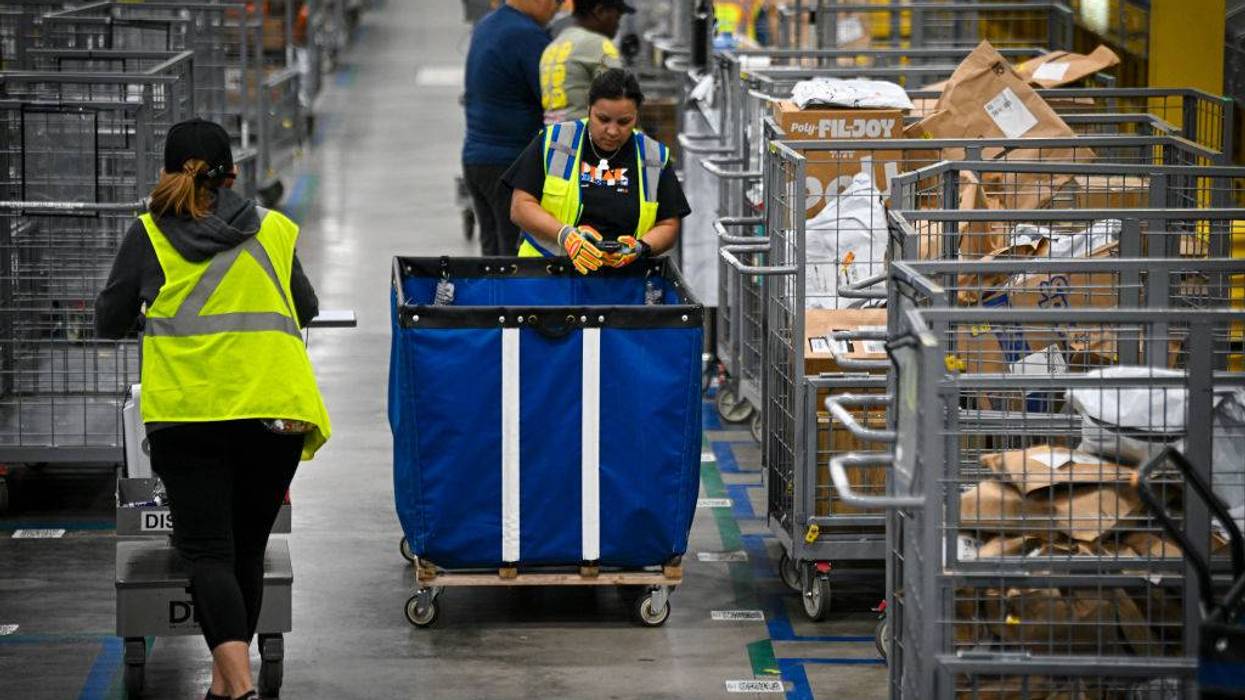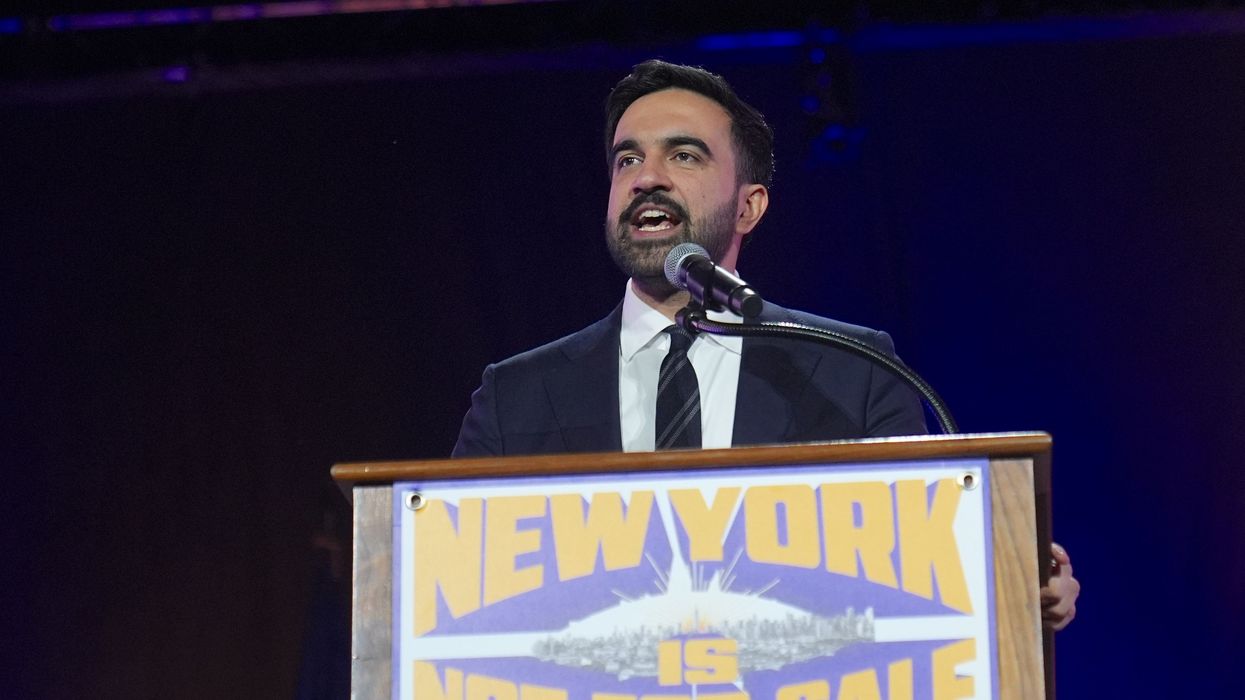From Amazon to Home Depot and Beyond, Mass Layoffs Continue to Punish Working Class Under Trump
"When taking into account predicted downward revisions, the data says we’re losing jobs," said one economic analyst.
Although President Donald Trump has given himself glowing marks for his economic record, the US job market has continued showing signs of weakness amid recent layoffs from some major employers.
The Associated Press on Thursday published a roundup of corporate layoffs that have been announced in recent months, highlighted by Amazon, which announced it was cutting an additional 16,000 jobs on Wednesday; United Parcel Service, which on Tuesday revealed plans to slash 30,000 jobs; and chemical maker Dow, which on Thursday said it would be reducing its workforce by 3,000.
And as reported by CNBC, retailer Home Depot announced on Wednesday that it was eliminating 800 positions as it struggles with slower sales that company executives blame on a dampened housing market caused by high interest rates.
The latest layoffs are not merely anecdotal data, but symbolic of a labor market that has been stuck in a rut for several months. As noted by economic analyst Steve Rattner in a Thursday social media post, average monthly employment growth has been "slightly above zero" ever since Trump first announced his market-shaking tariffs in April.
"When taking into account predicted downward revisions," Rattner added, "the data says we’re losing jobs."
This week's announced Amazon layoffs drew the ire of Americans for Tax Fairness, which pointed out that the Jeff Bezos-founded online retail giant has been the beneficiary of several big-ticket tax breaks for more the last several years.
"We've given Amazon $9.5 BILLION in tax breaks over the last 7 years," the group explained. "And for what? Their CEO made $263 million from 2018-2024. Since 2013, they've spent $857 million on stock buybacks and $161 million on lobbying. And they just announced they're laying off 16,000 workers."
The Washington Post, which is owned by Bezos, is reportedly bracing for layoffs of its own.
A Thursday report from Semafor revealed that the Post's White House reporters wrote a letter to Bezos imploring him to back off a plan to make substantial cuts throughout the paper's staff.
"The effort from the Washington Post’s White House reporters comes as staffers are scrambling to preserve their jobs, with layoffs set to hit the newsroom hard in the coming weeks," Semafor reported. "Unconfirmed rumors have circulated in recent days about the scope of the cuts, which are expected to be as high as 300."


